Year 6
The English curriculum is built around the three interrelated strands of language, literature and literacy. Teaching and learning programs should balance and integrate all three strands. Together, the strands focus on developing students' knowledge, understanding and skills in listening, reading, viewing, speaking, writing and creating. Learning in English builds on concepts, skills and processes developed in earlier years, and teachers will revisit and strengthen these as needed.
In Years 5 and 6, students communicate with peers and teachers from other classes and schools, community members, and individuals and groups, in a range of face-to-face and online/virtual environments.
Students engage with a variety of texts for enjoyment. They listen to, read, view, interpret and evaluate spoken, written and multimodal texts in which the primary purpose is aesthetic, as well as texts designed to inform and persuade. These include various types of media texts including newspapers, film and digital texts, junior and early adolescent novels, poetry, non-fiction and dramatic performances. Students develop their understanding of how texts, including media texts, are influenced by context, purpose and audience.
The range of literary texts for Foundation to Year 10 comprises Australian literature, including the oral narrative traditions of Aboriginal and Torres Strait Islander Peoples, as well as the contemporary literature of these two cultural groups, and classic and contemporary world literature, including texts from and about Asia.
Literary texts that support and extend students in Years 5 and 6 as independent readers describe complex sequences, a range of non-stereotypical characters and elaborated events including flashbacks and shifts in time. These texts explore themes of interpersonal relationships and ethical dilemmas within real-world and fantasy settings. Informative texts supply technical and content information about a wide range of topics of interest as well as topics being studied in other areas of the curriculum. Text structures include chapters, headings and subheadings, tables of contents, indexes and glossaries. Language features include complex sentences, unfamiliar technical vocabulary, figurative language, and information presented in various types of graphics.
Students create a range of imaginative, informative and persuasive types of texts such as narratives, procedures, performances, reports, reviews, explanations and discussions.
(source: www.australiancurriculum.edu.au)
Achievement Standard
Receptive modes (listening, reading and viewing)
By the end of Year 6, students understand how the use of text structures can achieve particular effects. They analyse and explain how language features, images and vocabulary are used by different authors to represent ideas, characters and events.
Students compare and analyse information in different and complex texts, explaining literal and implied meaning. They select and use evidence from a text to explain their response to it. They listen to discussions, clarifying content and challenging others' ideas.
Productive modes (speaking, writing and creating)
Students understand how language features and language patterns can be used for emphasis. They show how specific details can be used to support a point of view. They explain how their choices of language features and images are used.
Students create detailed texts elaborating on key ideas for a range of purposes and audiences. They make presentations and contribute actively to class and group discussions, using a variety of strategies for effect. They demonstrate an understanding of grammar, and make considered vocabulary choices to enhance cohesion and structure in their writing. They use accurate spelling and punctuation for clarity and make and explain editorial choices based on criteria.
(source: www.australiancurriculum.edu.au)
- Plus Plan
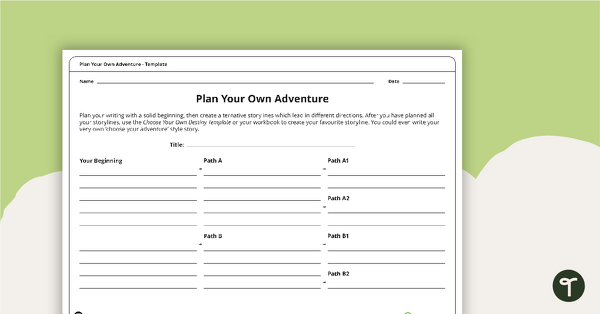
Plan Your Own Adventure - Writing Template
Students use a template to help them plan stories with alternative pathways for their friends to read.
- Plus Plan
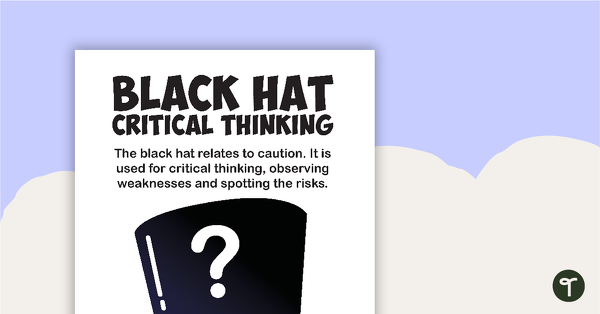
Thinking Hats for Effective Group Work
Thinking Hats based on Dr. Edward de Bono's teachings.
- Plus Plan
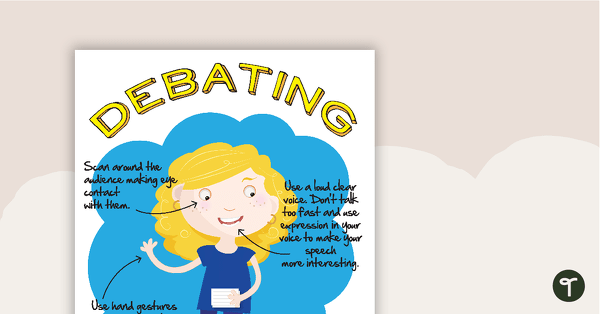
Debating Speaking Notes Poster
A poster with notes on how to speak well during a debate.
- Plus Plan
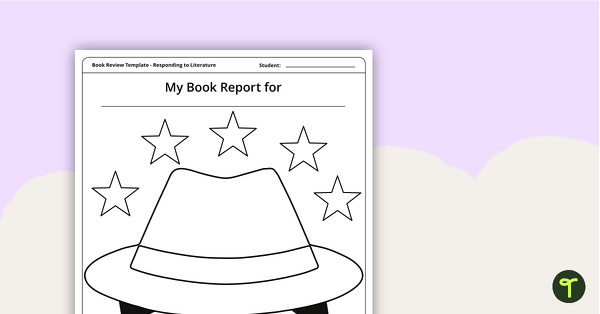
Detective Themed - Book Report Template and Poster
A fun detective themed poster with 3 book report templates to use when responding to literature.
- Plus Plan
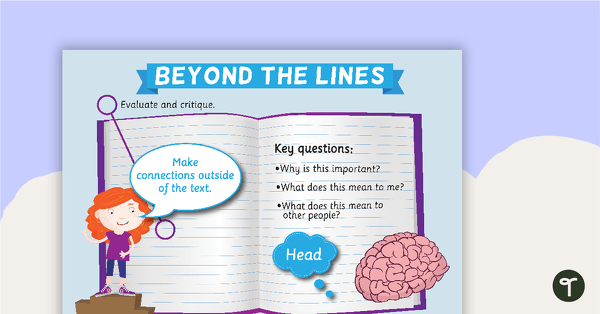
Three Levels of Reading Posters
Beyond the lines, between the lines and on the lines posters for the three levels of reading.
- Plus Plan
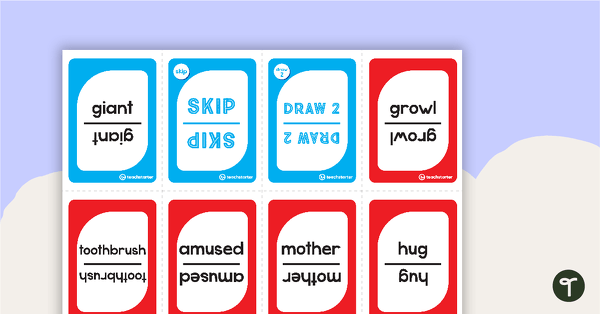
Parts of Speech Card Game – Upper Years Classroom Game – Set 3
A card game for nouns, verbs and adjectives.
- Plus Plan
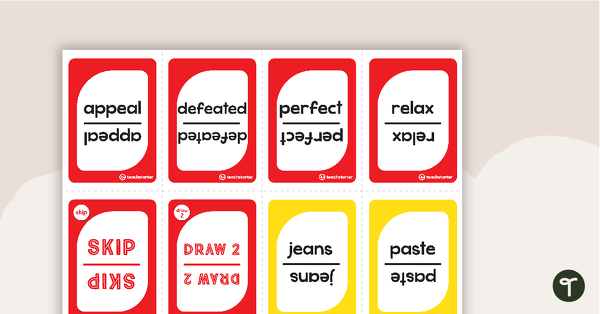
Parts of Speech Card Game – Upper Years Classroom Game – Set 2
A card game for nouns, verbs and adjectives.
- Plus Plan
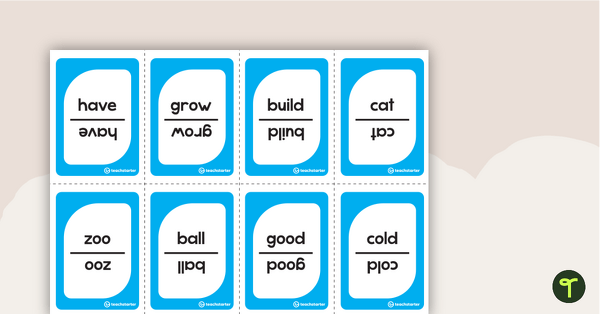
Parts of Speech Card Game – Upper Primary Classroom Game – Set 1
A card game for nouns, verbs and adjectives.
- Plus Plan
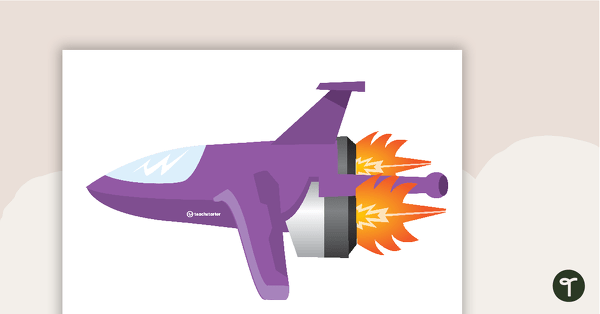
Queensland Cursive Entries and Exits Spaceship - Purple
A set of 12 Queensland Cursive entry and exit shuttles to join together to make a handwriting spaceship.
- Plus Plan
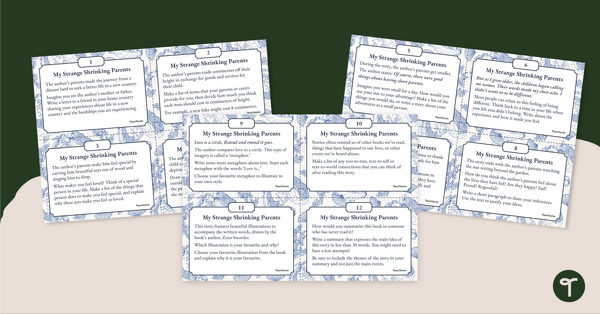
My Strange Shrinking Parents – Literature Task Cards
Deep dive into the characters and themes of Zeno Sworder’s highly acclaimed book, My Strange Shrinking Parents, with this set of 12 literature task cards.
- Plus Plan
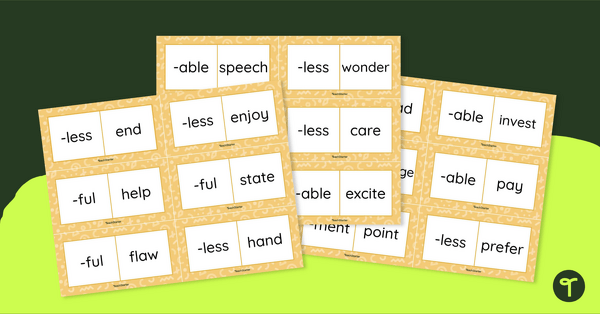
Suffix Dominoes - Vocabulary Game
Identify new words that include common suffixes with a fun suffixes vocabulary game.
- Plus Plan
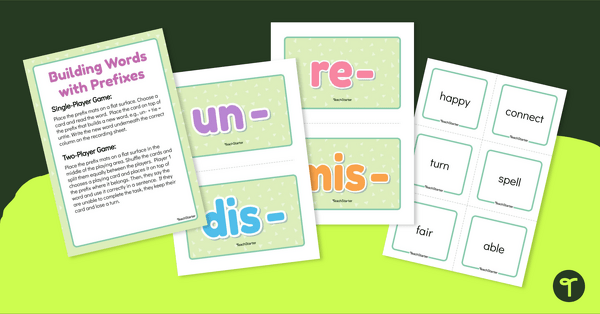
Building Words with Prefixes Sorting Activity
Build words by matching the root word to prefixes and recording the new terms on the answer sheet.
- Plus Plan
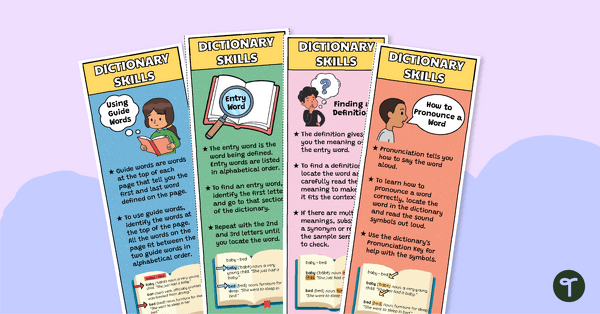
Dictionary Skills Bookmarks
Learn how to use a dictionary and use these dictionary skills bookmarks to help!
- Plus Plan
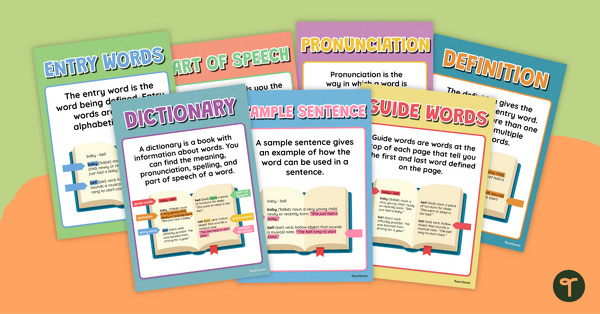
Parts of a Dictionary Poster Set
Display this poster set in the classroom when learning dictionary skills and the parts of a dictionary.
- Plus Plan
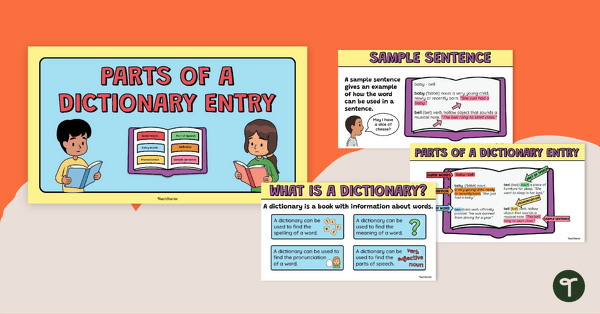
Parts of a Dictionary Entry PowerPoint
Learn about the different parts of a dictionary with this Teaching PowerPoint.
- Plus Plan
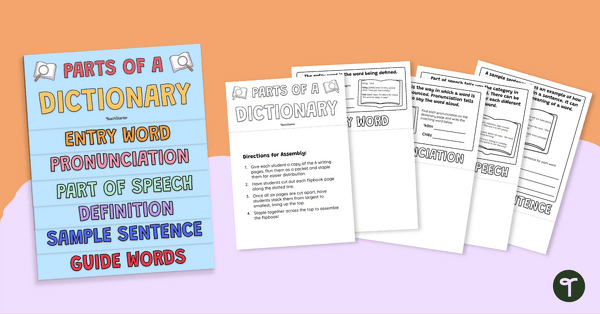
Parts of a Dictionary Entry Flipbook
Learn and practise dictionary skills with this Parts of a Dictionary Entry Flipbook.
- Plus Plan
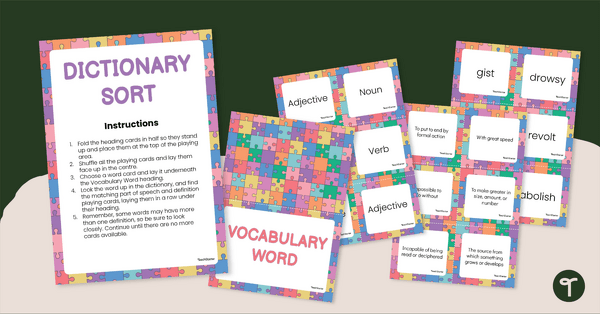
Dictionary Sorting Game
Get students in the habit of researching with our dictionary activity that helps learners match a word to its definition and part of speech.
- Plus Plan
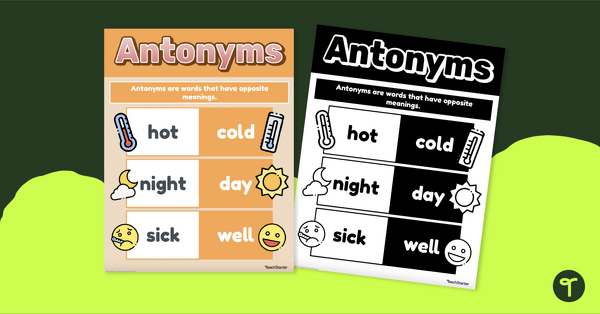
Antonym Poster
A poster showing the definition and examples of antonyms.
- Plus Plan
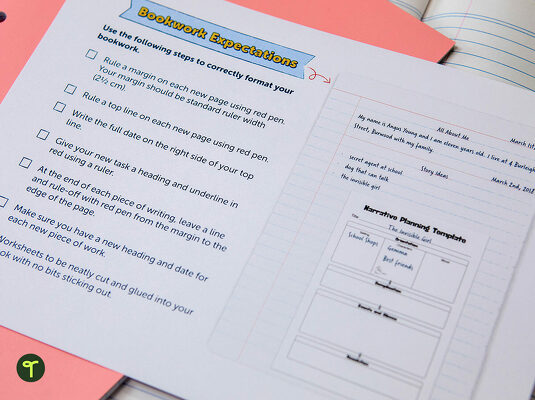
Literacy Bookwork Expectations Posters
A checklist for students to refer to when displaying literacy bookwork. There are low colour and black and white versions, plus editable versions in case you need to add your own expectations.
- Plus Plan
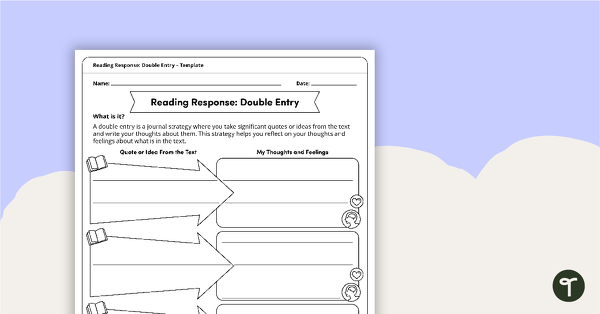
Reading Response Double Entry – Template
A comprehension template for students to practise writing double entries.
- Free Plan
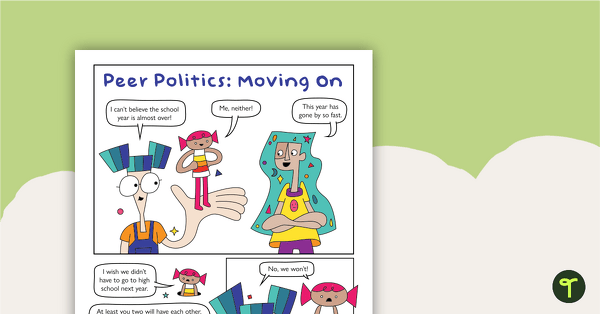
Peer Politics: Moving On (Comic) – Worksheet
A comprehension worksheet for a comic from the Year 6 magazine (Issue 3).
- Plus Plan
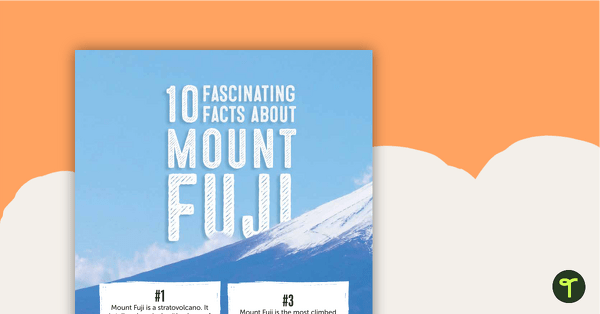
10 Fascinating Facts About Mount Fuji – Worksheet
A comprehension worksheet for an article from the Year 6 magazine (Issue 3).
- Plus Plan
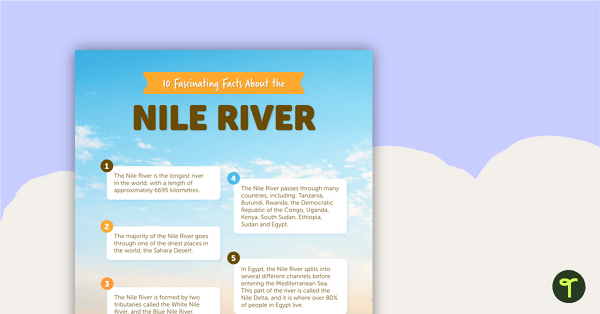
10 Fascinating Facts About the Nile River – Worksheet
A comprehension worksheet for an article from the Year 5 magazine (Issue 3).
- Plus Plan
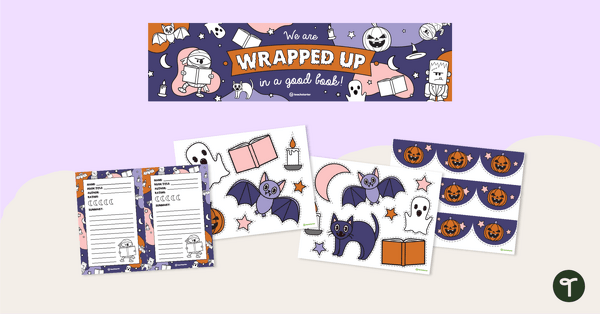
Halloween Display – Wrapped Up in a Good Book
Download a printable Halloween bulletin board set for your classroom library or school library. Showcase your students’ insightful book reviews with our Halloween-themed classroom display.
- Plus Plan
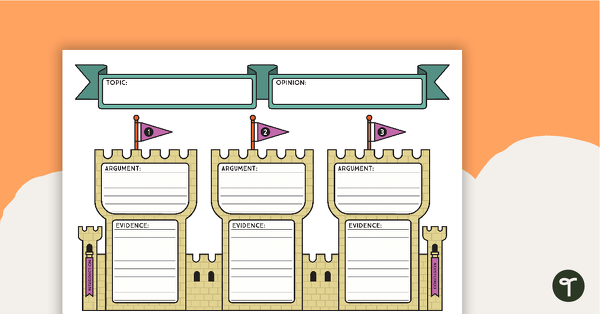
Argument Planning Template (Castle)
A castle-themed persuasive argument planning template.
- Plus Plan
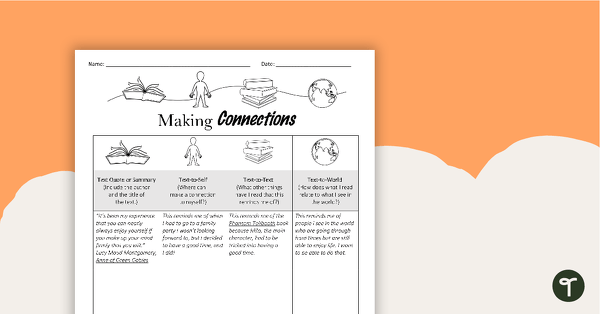
Making Connections Grid
A worksheet for students to practise making connections with a piece of text.
- Free Plan
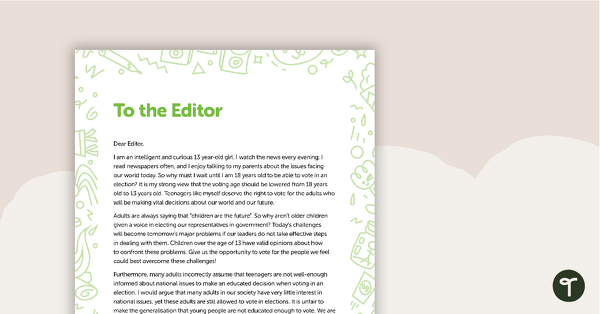
Letter to the Editor (Voting Rights) – Worksheet
A comprehension worksheet for a letter to the editor from the Year 6 magazine (Issue 3).
- Plus Plan
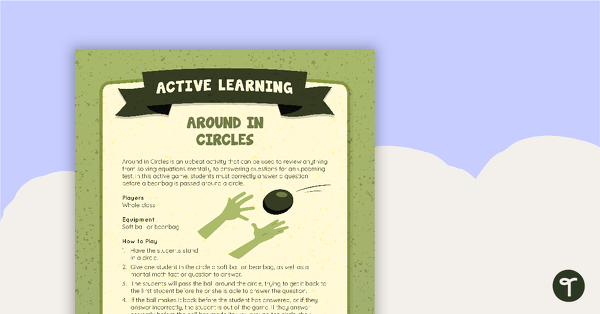
Around in Circles Active Game
An active game to use when reviewing any type of content with your students.
- Plus Plan
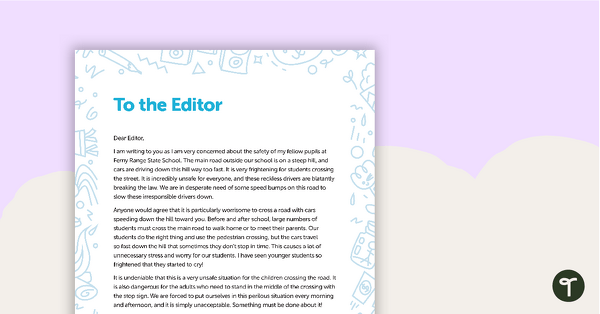
Letter to the Editor (School Crossing Concerns) – Worksheet
A comprehension worksheet for a letter to the editor from the Year 5 magazine (Issue 2).
- Plus Plan
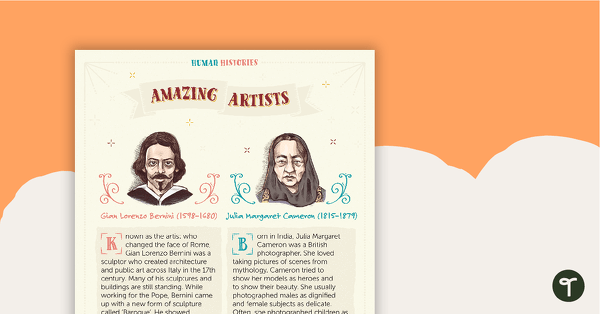
Human Histories: Amazing Artists – Comprehension Worksheet
A comprehension worksheet for a magazine article about some amazing artists.
- Plus Plan
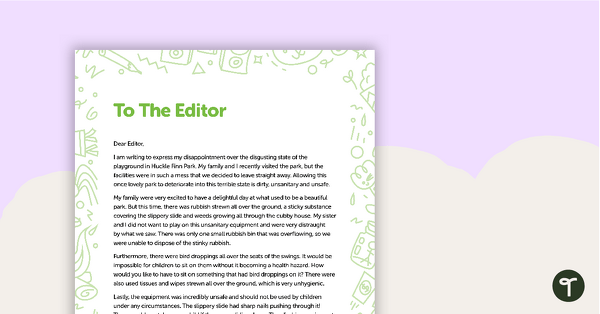
Letter to the Editor (Huckle Finn Park Disgrace) – Worksheet
A comprehension worksheet for a letter to the editor from the Year 6 magazine (Issue 2).
- Free Plan
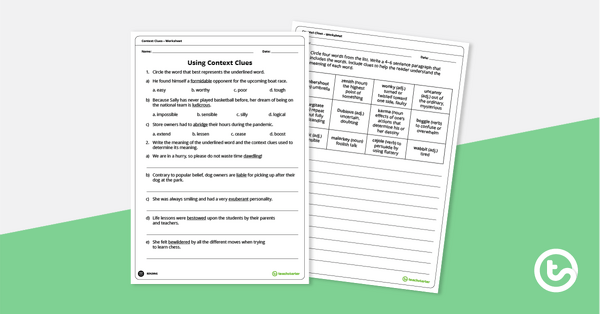
Using Context Clues – Worksheet
A worksheet to practise using context clues when reading.